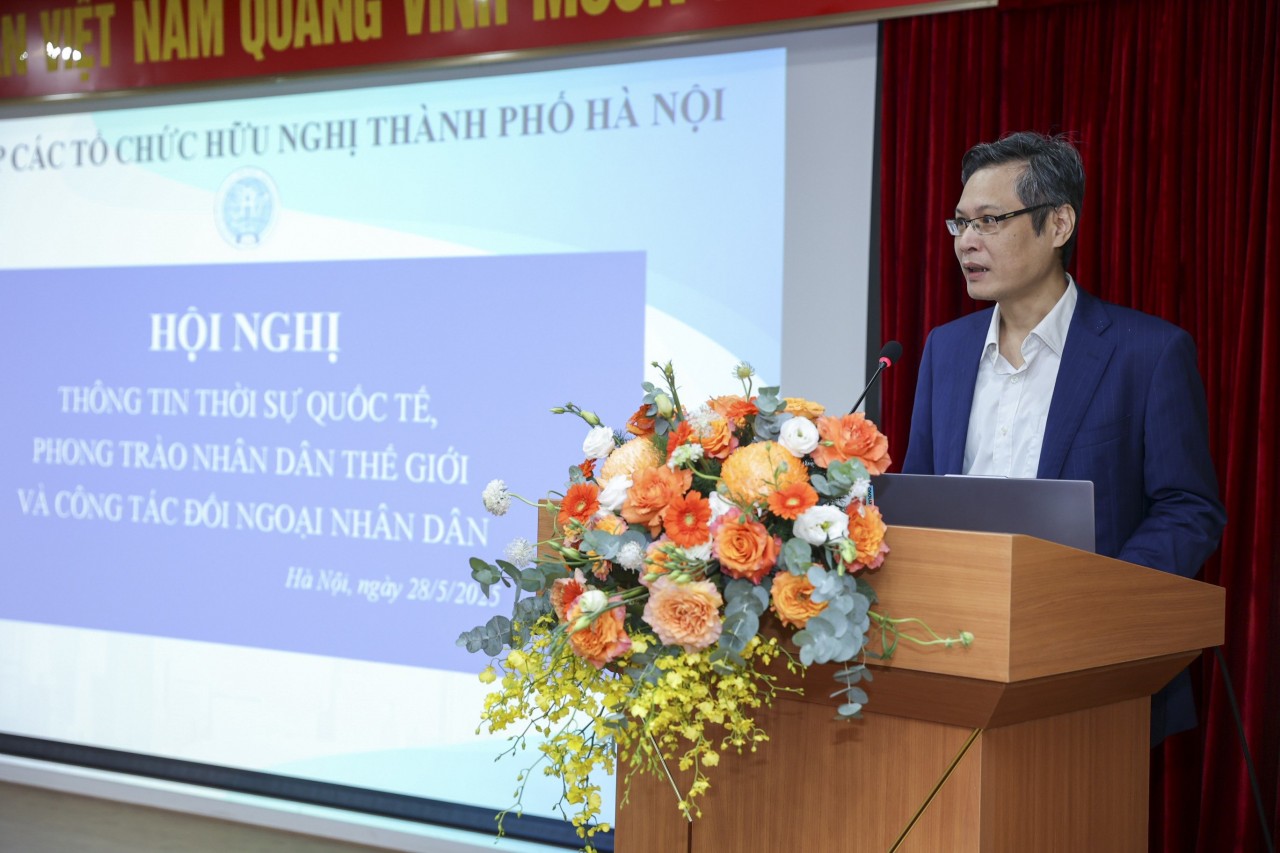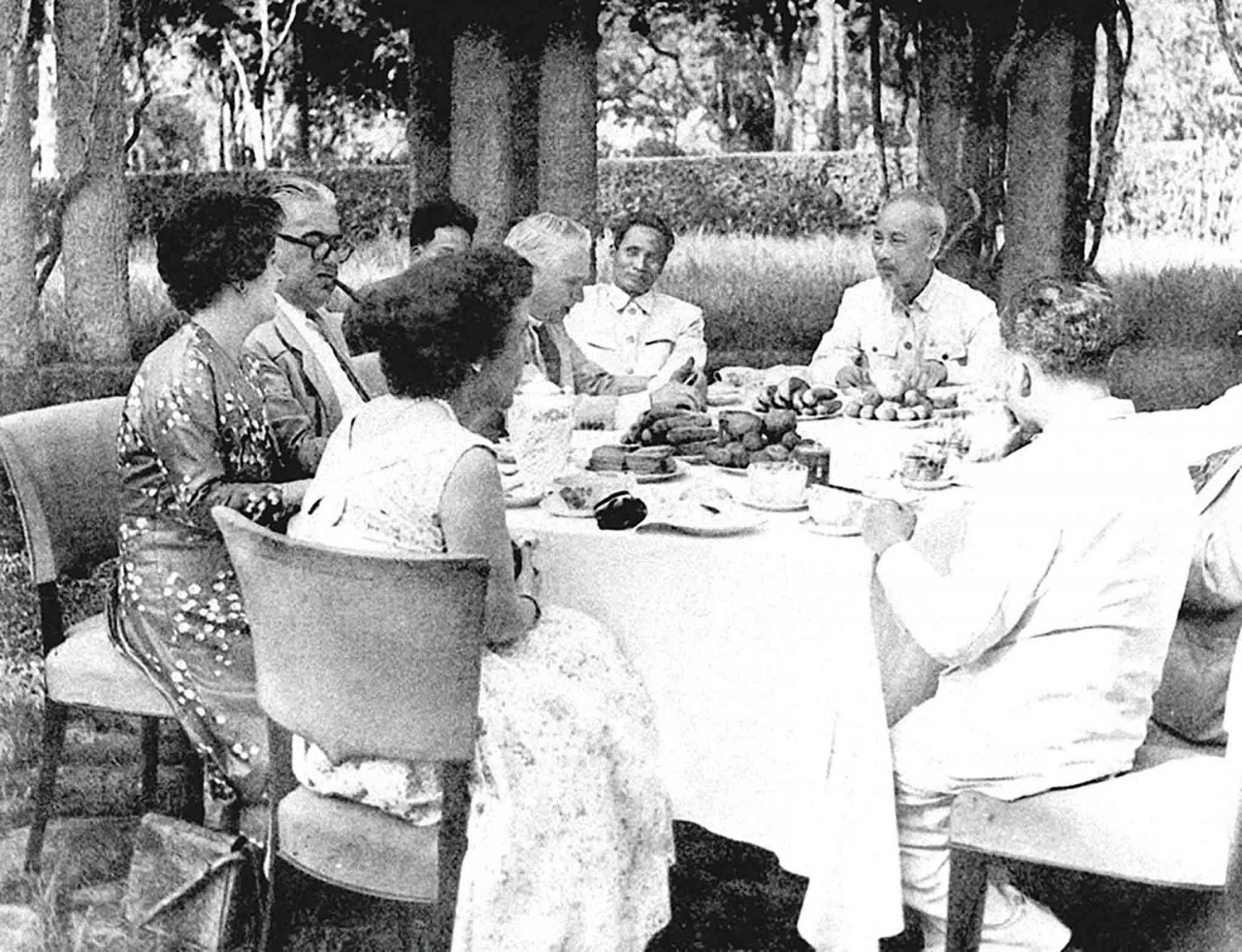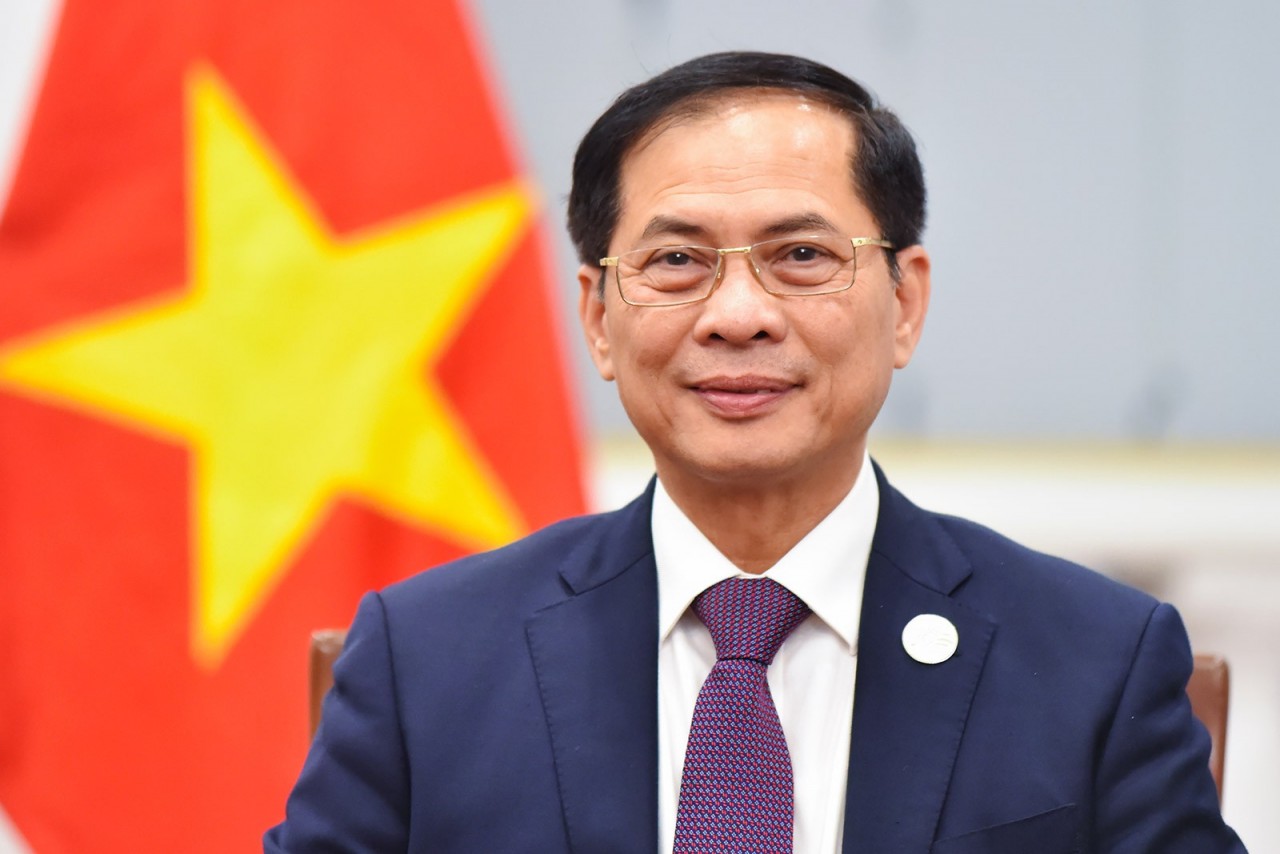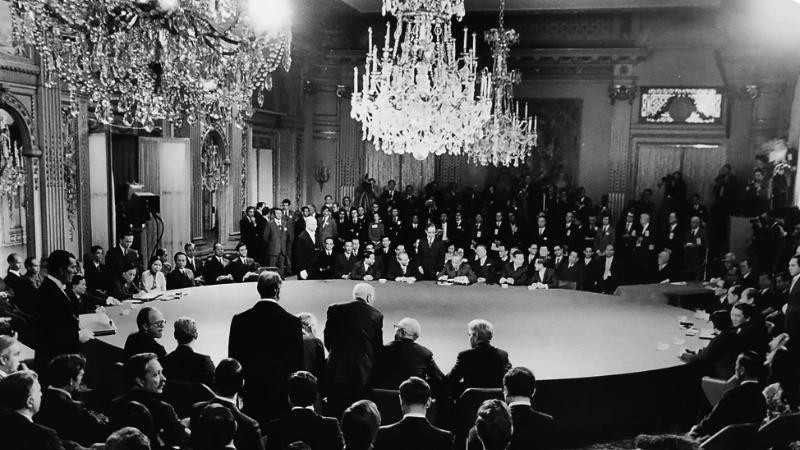Diplomacy in Cause of Defending Socialist Vietnam: Achievements and Lessons Learned (Part 3)
Lessons learned and directions, solutions for diplomacy to further contribute to the cause of defending Socialist Vietnam
| Education Ministry Honors UNICEF Vietnam Representative | |
| Vietnamese Ambassador to France Earns Insignia “For the Cause of Culture, Sports and Tourism” |
From the practical process of building and safeguarding the nation under the leadership of the Communist Party, several valuable lessons can be drawn for Vietnam’s diplomacy in the future.
First, building and safeguarding the nation are two interdependent aspects with a dialectical relationship. One of the most effective methods to protect the nation is to develop its internal strength, capable of deterring, preventing, and addressing potential conflicts or wars. This requires establishing a robust foundation in national defense, security, socio-economic stability, political steadiness, and national solidarity. These elements form the essential prerequisites for creating comprehensive national strength, and enhancing the country’s internal capacity to proactively address any challenges.
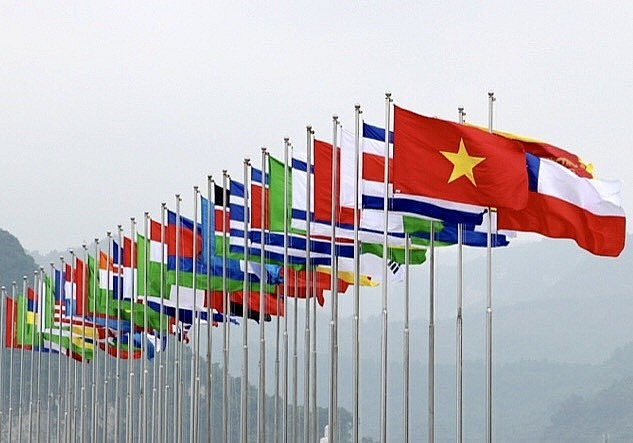 |
| Photo: baodantoc |
Second, balancing relations with major powers while prioritizing ties with neighboring countries is crucial. History has shown that the policies and interactions among major powers often shape the landscape of international relations. In the past, Vietnam occasionally found itself in a passive position, dependent on certain major countries. Learning from these experiences, Vietnam now needs to pursue a balanced, flexible, and independent policy in its relations with major powers, adhering to the principle of ensuring the highest national interests while maintaining sovereignty, independence, and national security. In parallel with relations with major powers, fostering long-term, sustainable, and cooperative ties with neighboring countries is of paramount importance. The regional security environment directly impacts Vietnam’s security and development. Therefore, building peaceful and friendly borders with neighbors is an effective measure to firmly protect national sovereignty and border security.
Third, diversifying relations and intertwining interests to maintain a peaceful environment and minimize conflict risks are essential. Strengthening mutual interdependence with numerous partners through bilateral and multilateral cooperation agreements lays a significant foundation for fostering a stable and secure environment. For Vietnam, this strategy not only mitigates risks of confrontation but also establishes a web of intertwined interests that encourage partners to support a stable, prosperous Vietnam.
Fourth, building strategic trust and promoting an accurate understanding among other countries of Vietnam’s peaceful foreign policy is key to safeguarding the nation. Vietnam’s history, marked by periods of severe hardships, blockades, and embargoes, underscores the importance of cultivating a positive image and fostering a correct understanding within the international community of its peaceful foreign policies and consistent stance on defending sovereignty through peaceful means.
Drawing from these valuable lessons in nation-building and defense, three orientations for Vietnam’s diplomacy emerge.
First, the ultimate goal of diplomatic activities is to safeguard the national interest. This must be pursued based on the fundamental principles of the UN Charter and international law, ensuring equality, cooperation, and mutual benefit.
Second, Vietnam must steadfastly adhere to an independent, self-reliant foreign policy that diversifies and multilateralizes international relations. This approach should align closely with the "four no's" defense principle to maintain balanced relations with major powers. Diplomacy should always position the country advantageously to handle the complex dynamics of regional and global developments while firmly asserting independence and self-reliance, ensuring stability, and protecting sovereignty and territorial integrity.
Third, Vietnam should continue to expand economic linkages through bilateral and multilateral cooperation agreements. This will attract resources to enhance the country’s comprehensive strength while creating intertwined interests with other countries, particularly major powers, thus reducing tensions and fostering a peaceful, stable environment conducive to national development.
Based on these orientations, Vietnam’s diplomacy could consider the following fundamental aspects.
First, ensure the absolute, direct, and comprehensive leadership of the Party and the unity of execution across the political system. Centralized Party leadership, unified State management, and close coordination among all levels and sectors are prerequisites for successfully safeguarding the Socialist Republic of Vietnam.
Second, intensify research, forecasting, and information-sharing between foreign affairs, defense, and security to flexibly respond to traditional and non-traditional security challenges. These three core sectors are vital for safeguarding Vietnam’s sovereignty, independence, and territorial integrity. Coordination among these fields ensures a comprehensive understanding of the situation, facilitating timely and accurate assessments to enhance national security from an early stage. Additionally, improving the capabilities of personnel in these interconnected domains is crucial.
Third, actively participate in initiatives that promote peace and development, thereby elevating Vietnam’s international standing. Vietnam must seize opportunities to position itself optimally in the evolving international landscape and avoid being marginalized in matters of direct national interest. Strengthening cooperation and fostering mutual ties with other nations creates a network of intertwined interests.
Fourth, support multilateralism underpinned by the UN’s central role and the principles enshrined in the UN Charter. Vietnam should enhance ASEAN’s role and relevant sub-regional cooperation mechanisms aligned with its interests and concerns. Active participation in global mechanisms, resolution of disputes through peaceful means based on international law, and expanding Vietnam’s peacekeeping contributions are vital. A long-term plan to increase the presence of Vietnamese personnel in international organizations should also be developed.
Fifth, leverage Vietnam’s unique strengths in diplomacy to safeguard the nation. With an extensive network of overseas diplomatic missions and strategic partnerships with key global players, Vietnam’s diplomacy can anticipate developments, forecast risks, and advise the Party and State on potential challenges. Diplomatic exchanges and negotiations should lead in sharing information, clarifying misunderstandings, building trust, and reducing conflicts.
Sixth, comprehensively implement initiatives related to overseas Vietnamese, fostering national unity as a foundation for safeguarding the nation. Connecting with the Vietnamese diaspora not only preserves their patriotic ties to the homeland but also mobilizes their contributions of intellect and resources to national development and defense.
Reflecting on the journey of building and safeguarding the Socialist Republic of Vietnam, it is evident that the country’s diplomacy, despite facing numerous challenges, has achieved significant milestones and garnered invaluable lessons. Vietnam's diplomacy is evolving to become more comprehensive, modern, and professional, capable of adapting flexibly to rapid global changes. The ultimate aim is to pursue the aspiration for a prosperous and happy Vietnam, ensuring the highest national interests while serving the nation and its people.
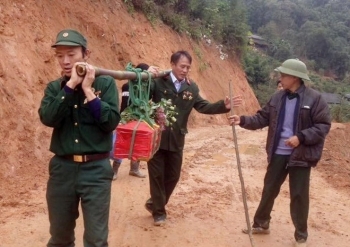 | Vietnam Pays Tribute to People in Defending Northern Border For every Vietnamese person from generation to generation, remembering sacrifices made in the struggle to defend the nation is a way to make them resilient, ... |
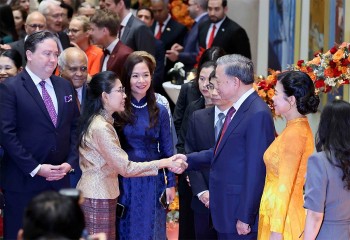 | Diplomacy in Cause of Defending Socialist Vietnam: Achievements and Lessons Learned (Part 1) The history of Vietnam’s diplomacy is inseparable from the significant milestones in the nation’s journey of building and defending its homeland. Over nearly five decades ... |
Recommended
 Focus
Focus
Vietnam Leaves Imprints on the World Peacekeeping Map
 Viet's Home
Viet's Home
“Global Vietnamese Singing 2025” - Connecting Hearts Longing for Homeland
 Viet's Home
Viet's Home
Vietnam’s People's Public Security Force Actively Contributes to UN Peacekeeping Operations
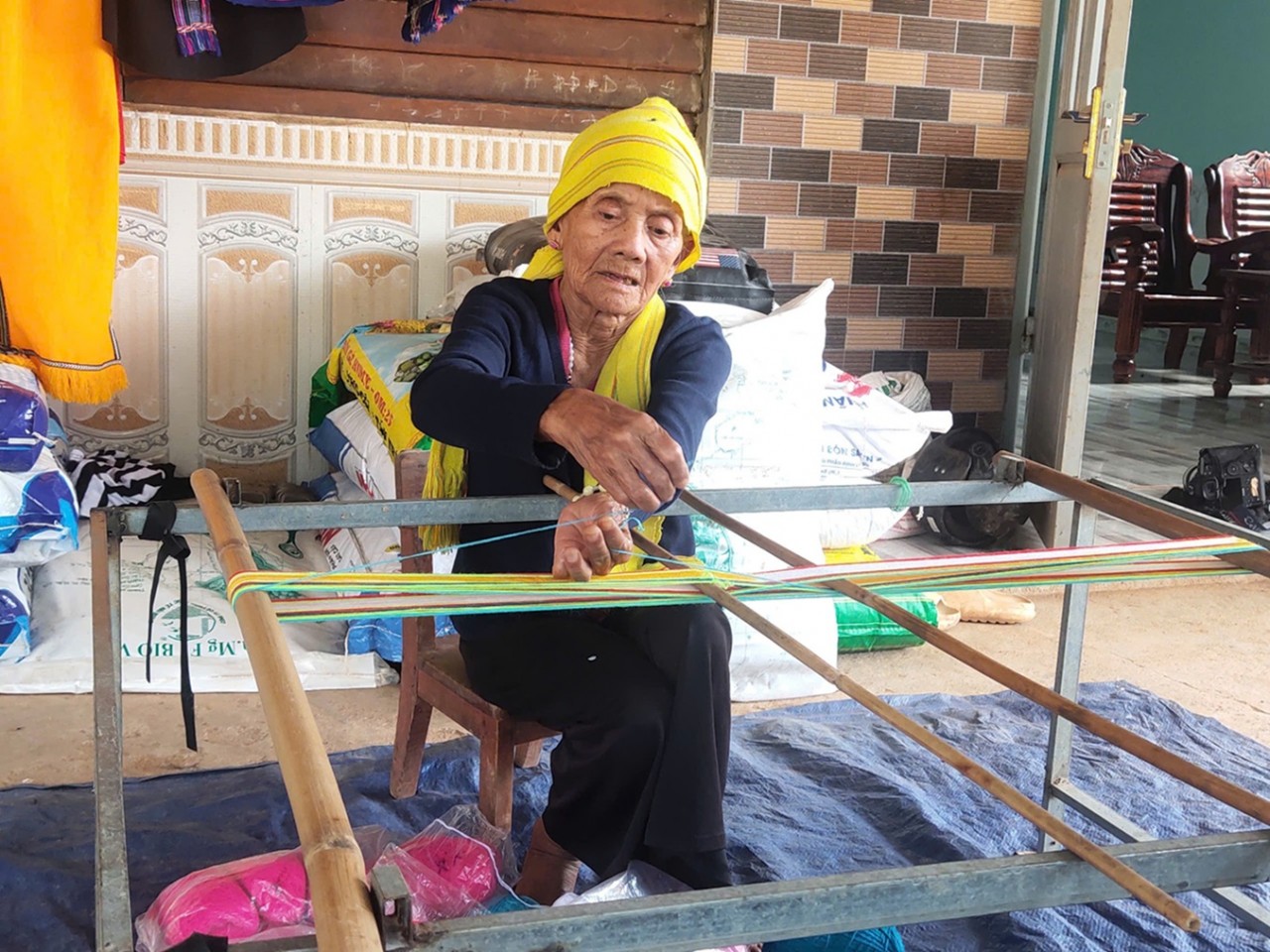 Viet's Home
Viet's Home
Hands that Reserve Da Long Brocade Craft
Popular article
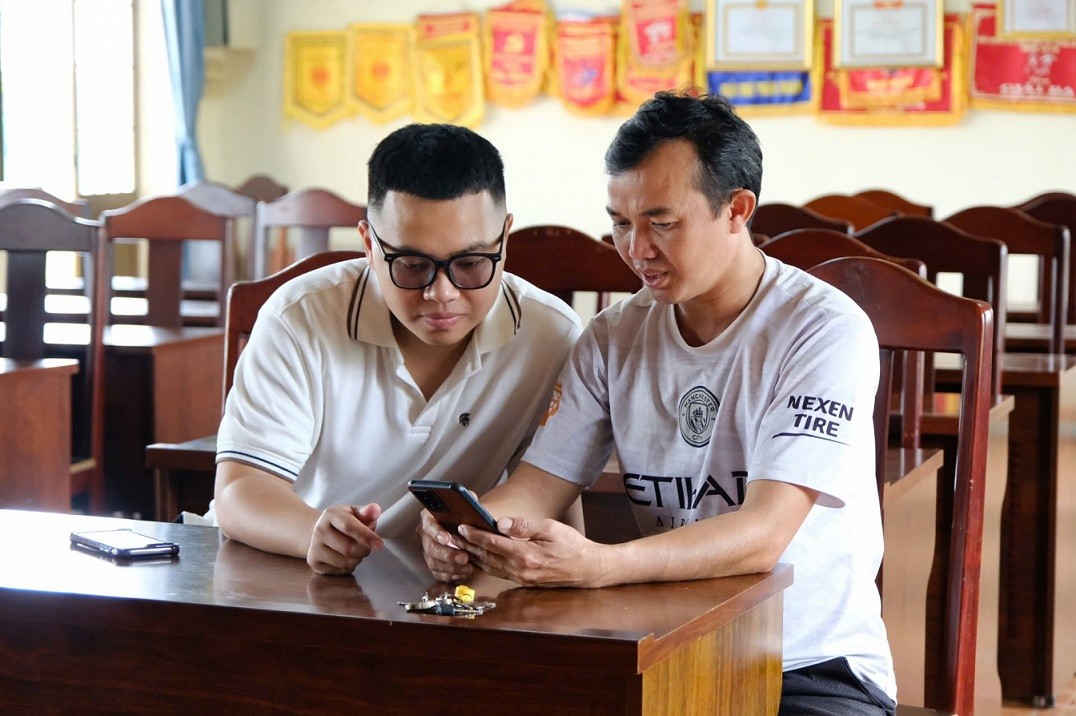 Viet's Home
Viet's Home
Da Rsal – How Digital Transformation Reshape a Poor Commune
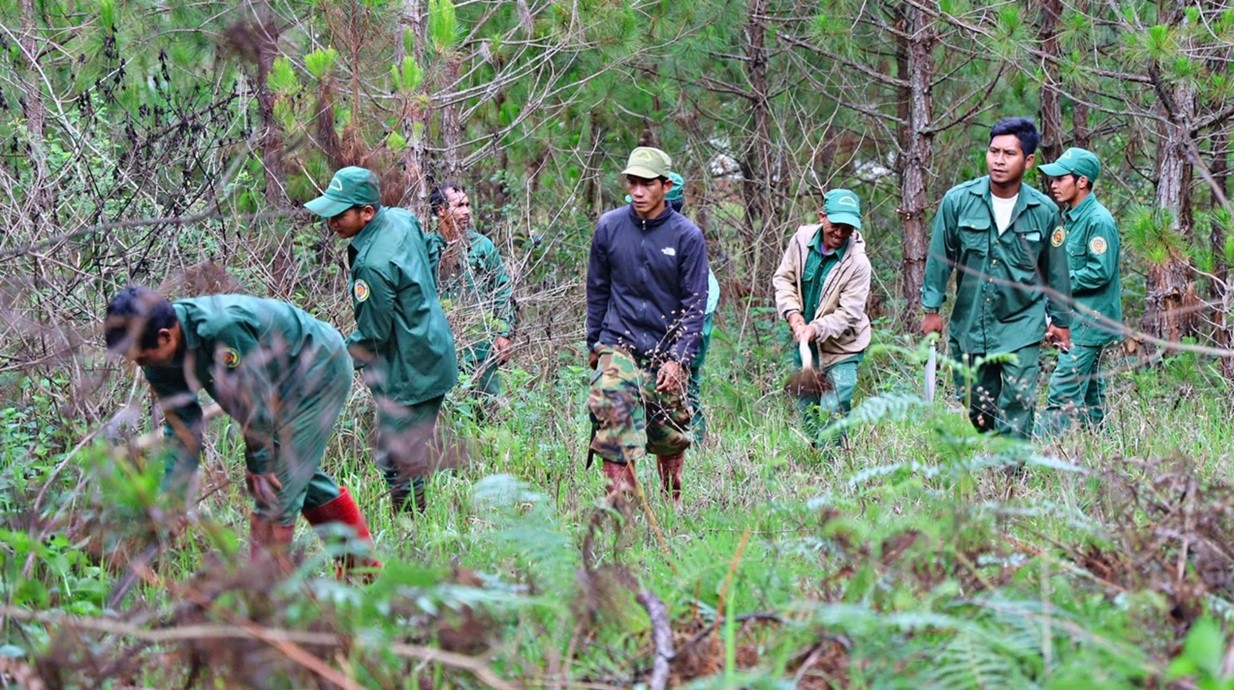 Viet's Home
Viet's Home
Vietnam Classified as “Low Risk” Under the EU Anti-Deforestation Regulation
 Viet's Home
Viet's Home
Vietnamese Architect Wins the Diversity in Architecture Award 2025
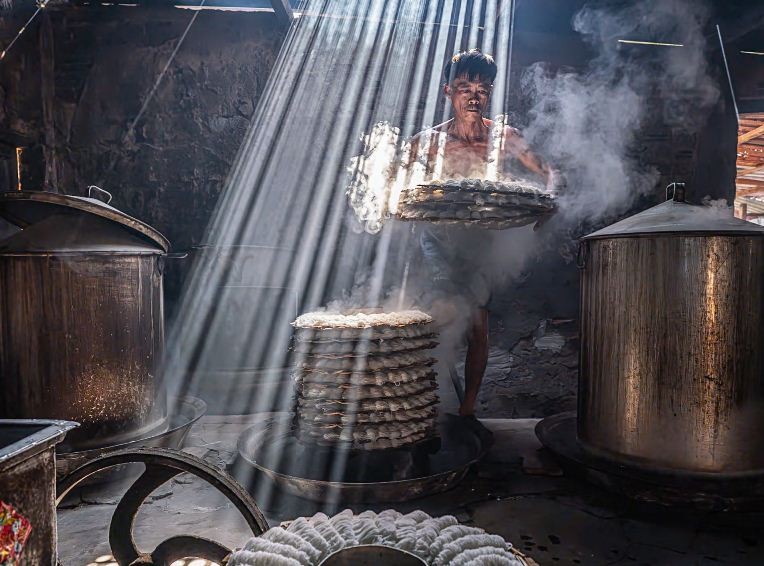 Viet's Home
Viet's Home




